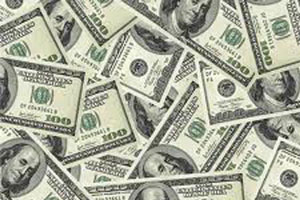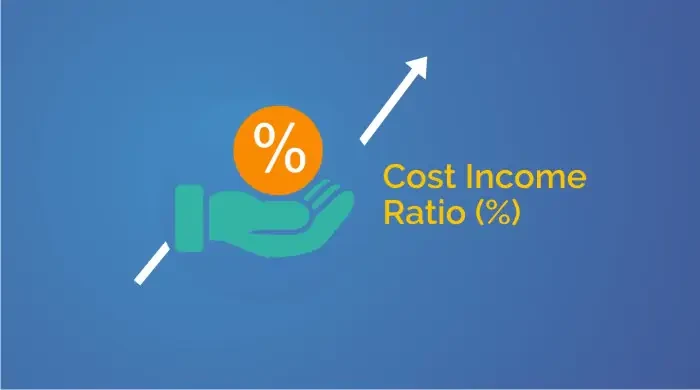
LONDON — The United States dollar rose against the yen and other major currencies yesterday, extending gains made after Friday’s United States jobs report left open the prospect of the Federal Reserve Bank scaling back stimulus soon.
Reuters
US employers added a slightly above-forecast 175 000 jobs in May although the unemployment rate edged up.
Analysts said a-still-uncertain US monetary policy outlook left the dollar vulnerable if US data was weak.
The dollar index .DXY added 0,3 % to 81,915 after hitting a more than three-month low of 81,077 on Thursday and suffering its biggest weekly fall since January 2012.
The dollar rose 1% to 98,56 yen, more than 3,5% above Friday’s trough of 94,98 yen.
This was its lowest since the Bank of Japan unveiled aggressive monetary easing on April 4.
Traders reported offers up to 99,50 yen, but bids around 98,00 yen. “The dollar has come back and maybe the selling last week had been a bit overdone,” said Kasper Kirkegaard, currency strategist at Danske Bank.
- Chamisa under fire over US$120K donation
- Mavhunga puts DeMbare into Chibuku quarterfinals
- Pension funds bet on Cabora Bassa oilfields
- Councils defy govt fire tender directive
Keep Reading
“(The jobs data) hasn’t changed the market’s view much on the timing of Fed tapering.”
He added the dollar was likely to react more to weaker than stronger US data because the market still held hefty bets of dollar gains. But divergent US and Japanese monetary policy outlooks mean most analysts see the trend of dollar strength and yen weakness continuing.
“The anticipated downward correction in dollar/yen is now complete, in our view. Going forward, we expect the dollar to gain broadly and thus look to buy dips in dollar/yen,” Morgan Stanley analysts said in a note to clients.
The dollar was also boosted by an upward revision to Japanese first quarter economic growth. This lifted Japanese equities .N225, which typically causes the yen to fall.
Analysts said the better data lifted confidence that Prime Minister Shinzo Abe’s stimulus policies, which have caused the yen to weaken, were working.
The euro was down 0,15% at $1,3203, but rose 0,8% to 130,08 yen.
The Australian dollar fell particularly sharply against the US dollar, hitting a 20-month low of $0,9393 after unexpectedly weak trade data and signs of weak domestic demand in China, the country’s biggest export market.











